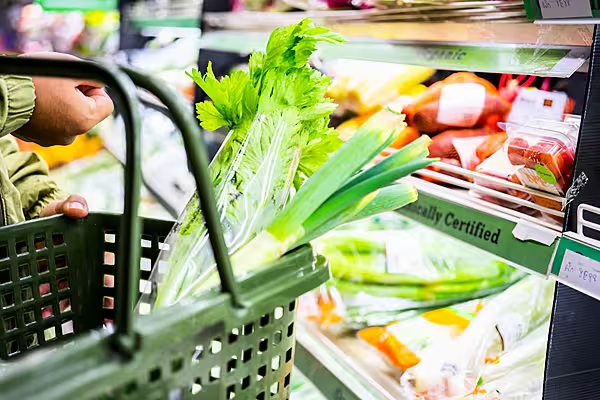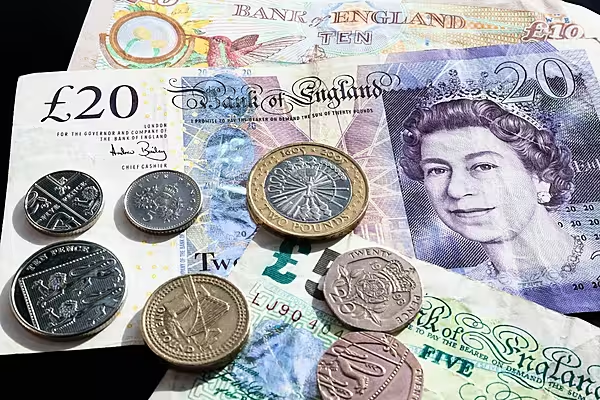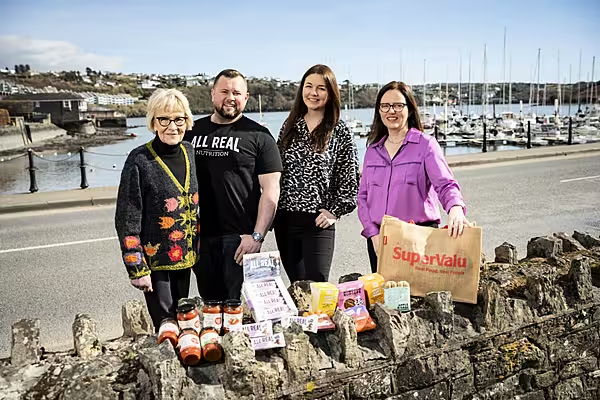British inflation returned to its 2% target on Wednesday for the first time since 2021, but underlying price pressures remained strong.
Despite data showing the 2% target has been reached, the Bank of England (BoE) is likely to wait before cutting interest rates.
While Prime Minister Rishi Sunak and the BoE will welcome the fall in headline inflation, it will likely be too late to bolster Sunak’s popularity ahead of next month’s election or prompt a BoE rate cut on Thursday.
The Office for National Statistics data showed services price inflation, which the BoE thinks gives a better picture of medium-term inflation risks, was 5.7%.
That was down from 5.9% in April but not as big a drop as the 5.5% economists had forecast in a Reuters poll.
The drop in annual consumer price inflation from April’s 2.3% reading fell to its lowest since July 2021, in line with economists’ expectations.
The fall marks a sharp decline from the 41-year high of 11.1% in October 2022.
Britain’s fall has been sharper than in the euro zone or the US dollar, where consumer price inflation in May was 2.6% and 3.3%, respectively.
Inflation in Western countries began to pick up in the second half of 2021 due to bottlenecks from the Covid-19 pandemic.
It surged further after Russia’s full-scale invasion of Ukraine in February 2022.
Consumer prices in Britain are up about 20% over the past three years, squeezing living standards and hurting popularity for Sunak’s Conservative Party.
The Conservative Party is currently around 20 points behind the opposition Labour Party in opinion polls.
Falling Inflation
The BoE has said a return of inflation to its target is not enough on its own to start cutting interest rates.
Principal economist at the Confederation of British Industry Martin Sartorius said, “Rate-setters will still need to weigh the fall in headline inflation against signs that domestic price pressures, such as elevated pay growth, are proving slower to come down.”
While most economists polled by Reuters think the central bank will start cutting interest rates from their 16-year high of 5.25% in August, financial markets predict that cuts likely won’t come until September or November.
The most recent fall in inflation was partly driven by a cut in regulated household bills in April, which the BoE predicts will not be impactful later in the year as inflation rises again.
Lower food prices were the biggest factor pushing down inflation in May.
The annual rate of inflation for food and non-alcoholic drinks fell to 1.7% from a 45-year high of 19.2% in March 2023.
Read More: UK Grocery Inflation Decreases Ahead Of Election – Kantar






